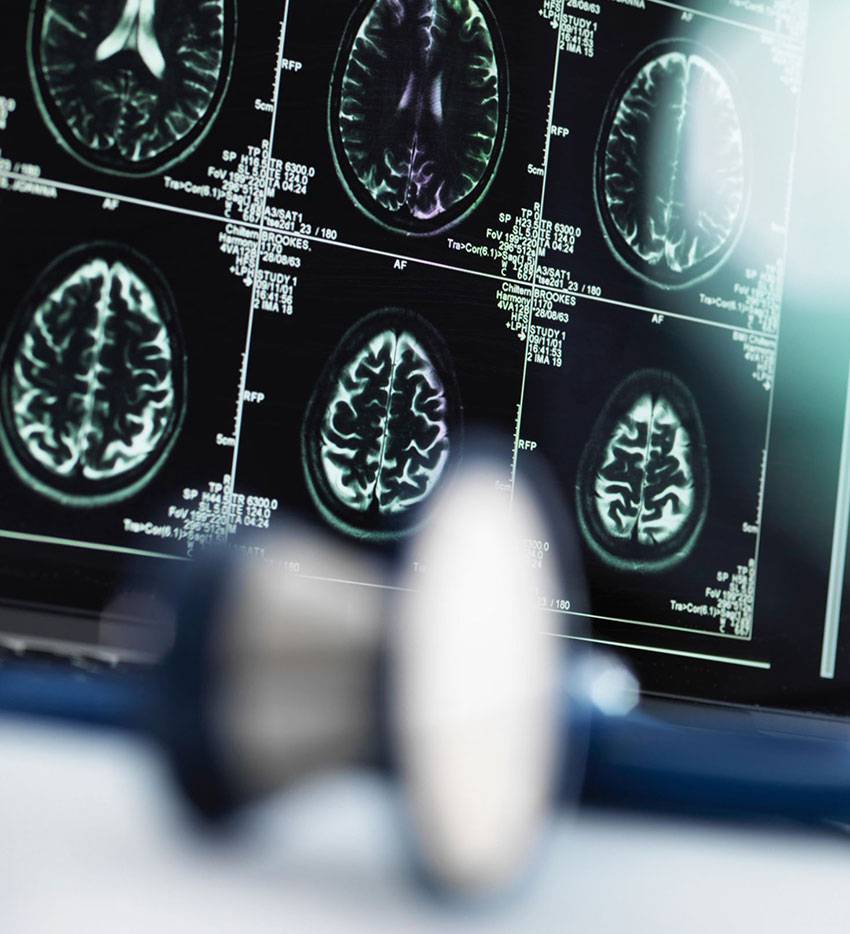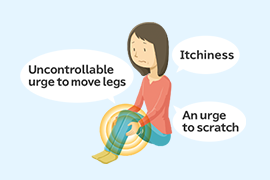Central Nervous System
Aiming for the social reintegration of patients with psychiatric and neurological disorders
Diseases of the central nervous system include psychiatric and neurological disorders. Since the causes of and fundamental treatments for these conditions have not been fully understood, it is a challenge to create new drugs in this area, even for companies that have produced innovative medicines in the past.
After more than 20 years of research and development in this area, Otsuka Pharmaceutical in 2002 launched the world's first antipsychotic drug that is a dopamine D2 receptor partial agonist*1.


It has few side effects and can be taken for sustained periods without worries. It provides those suffering from psychiatric and neurological disorders with a pharmaceutical innovation that can enable recovery without relapse. In recent years, we developed and began to market a drug that is effective for one month following administration by injection. Furthermore, we successfully developed and have begun to market a drug with a unique action known as SDAM*2, which provides additional support for patients worldwide.
In addition to drug R&D, we aim for medical treatment of mental disorders through digital technologies, such as a digital app to support people with major depressive disorder and advanced VR technology — to utilize virtual reality to help schizophrenic patients engage more fully in society.
In order to take on the challenge of creating new drugs, a company needs enthusiasm, passion, and curiosity, as well as new ideas discovered by taking untrodden paths. As an industry pioneer with a venture spirit, Otsuka aims to further assist patients and their families by working with global partners in the field of central nervous system disorders. Together with them Otsuka is developing innovative new drugs for psychiatric and neurological disorders, and is taking on the challenge of introducing new technologies and new dosage formats to ensure reliable medication delivery.
- *1When there is excess dopamine secretion, the drug suppresses dopamine neurotransmission, and when there is too little dopamine secretion, the drug activates secretion.
- *2Serotonin-Dopamine Activity Modulator: This acts as a partial agonist by binding to the dopamine D2 receptor and serotonin 5HT1A receptor, and also acts as an antagonist for the serotonin 5HT2A receptor.
Psychiatric and neurological disorders
Psychiatric and neurological disorders include schizophrenia, which involves an imbalance of messenger chemicals that convey information in the brain; manic symptoms of bipolar disorder; major depressive disorder; anxiety disorders that lead to behavioral and psychological impairment; and adjustment disorders that interfere with work, study, and social life; and alcoholism. Epilepsy is a chronic disease of the brain that causes repeated seizures, while Parkinson's disease is now recognized as a brain disorder.
















